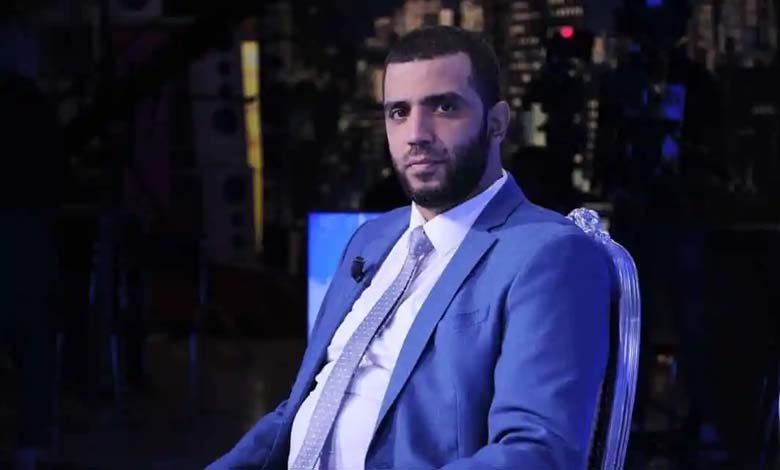Hours After His Release… Tunisian Authorities Re-Arrest Muslim Brotherhood Leader

Tunisian authorities re-arrested Tunisian Muslim Brotherhood leader Rached Khiari just hours after his release from Rabta Prison, following the completion of his sentence.
-
As the election date approaches… Muslim Brotherhood in Tunisia intensifies efforts to disrupt
-
Who is Noureddine Bhiri, the mastermind of the Muslim Brotherhood in Tunisia, accused in the travel case after being sentenced?
Rached Khiari’s defense lawyer stated that his client was arrested by a security force immediately after his release. As soon as he left the prison, after serving his full two-year sentence, a security force took him to their headquarters to interrogate him regarding an old case.
The lawyer added that, after Khiari was detained for several hours, the security authorities released him, and he went home accompanied by his lawyer.
-
The Ennahdha Movement collapses… Crises hit the Muslim Brotherhood in Tunisia
-
Tunisia: Mekki’s Return to the Presidential Race Revives Muslim Brotherhood Hopes Despite Their Diminished Popularity
Khiari had been on the run since July 25, 2021, the date when the Parliament of the Muslim Brotherhood was suspended, after he refused to appear before the military judiciary in a case where he accused Tunisian President Kais Saied of treason and colluding with foreign entities. He had also accused him of receiving $5 million from U.S. intelligence as support for his presidential campaign, without providing evidence or documents.
He was arrested in August 2022 on charges of conspiracy against state security in Tunisia and was released early the day before yesterday.
-
Muslim Brotherhood Practices: Spread of Fake Accounts in Tunisia to Influence Elections
-
Tunisia’s Muslim Brotherhood and the Elections: Presidential Messages Expose Efforts to Gain Foreign Support
The charge directed by the investigating judge against Rached Khiari was: “committing acts likely to weaken military discipline, undermine obedience to superiors or the respect due to them, and criticizing the actions of the general command or military leaders in a manner that insults their dignity.”
The military prosecutor also accused him of deliberately participating in actions aimed at “undermining the morale of the army or the nation, with the intent of harming national defense, and conspiring against the internal security of the state with the aim of changing the state’s structure or inciting the population to attack each other with weapons, and establishing contacts with agents of a foreign state for the purpose of harming Tunisia’s military situation.”












